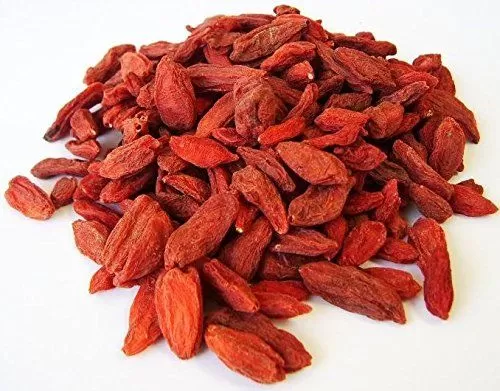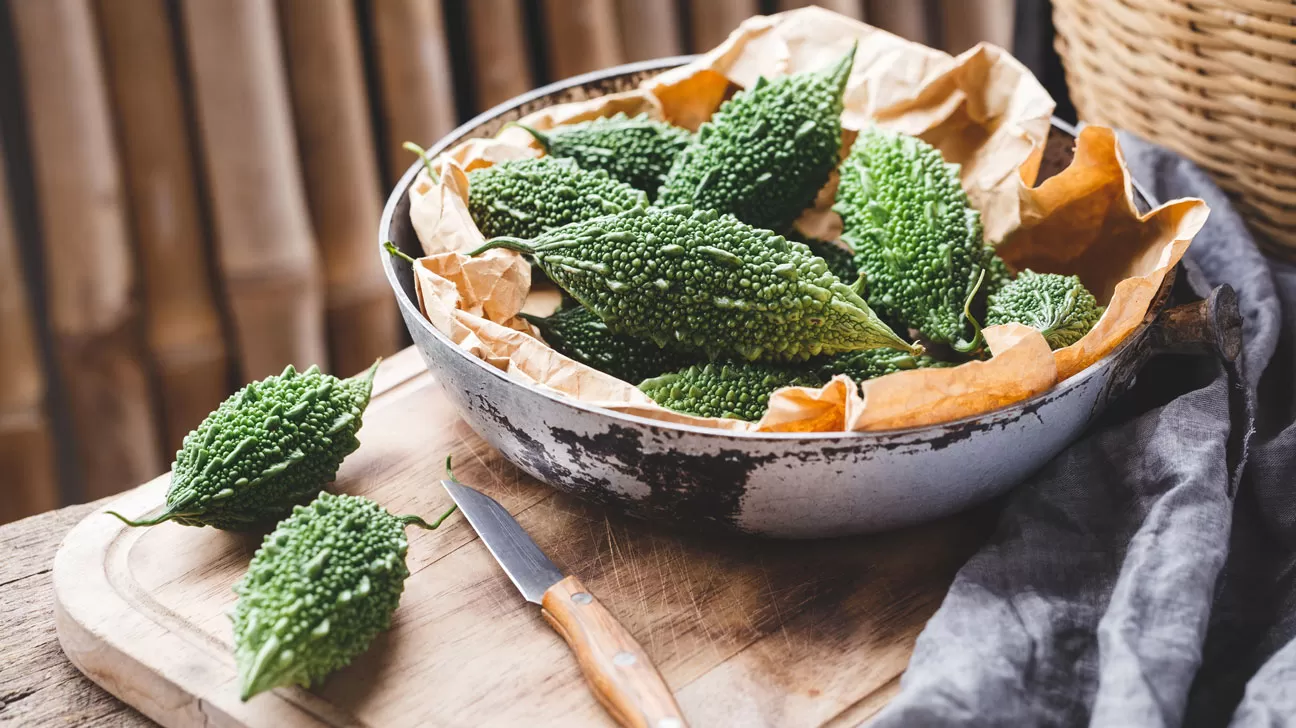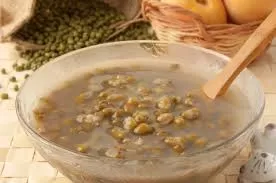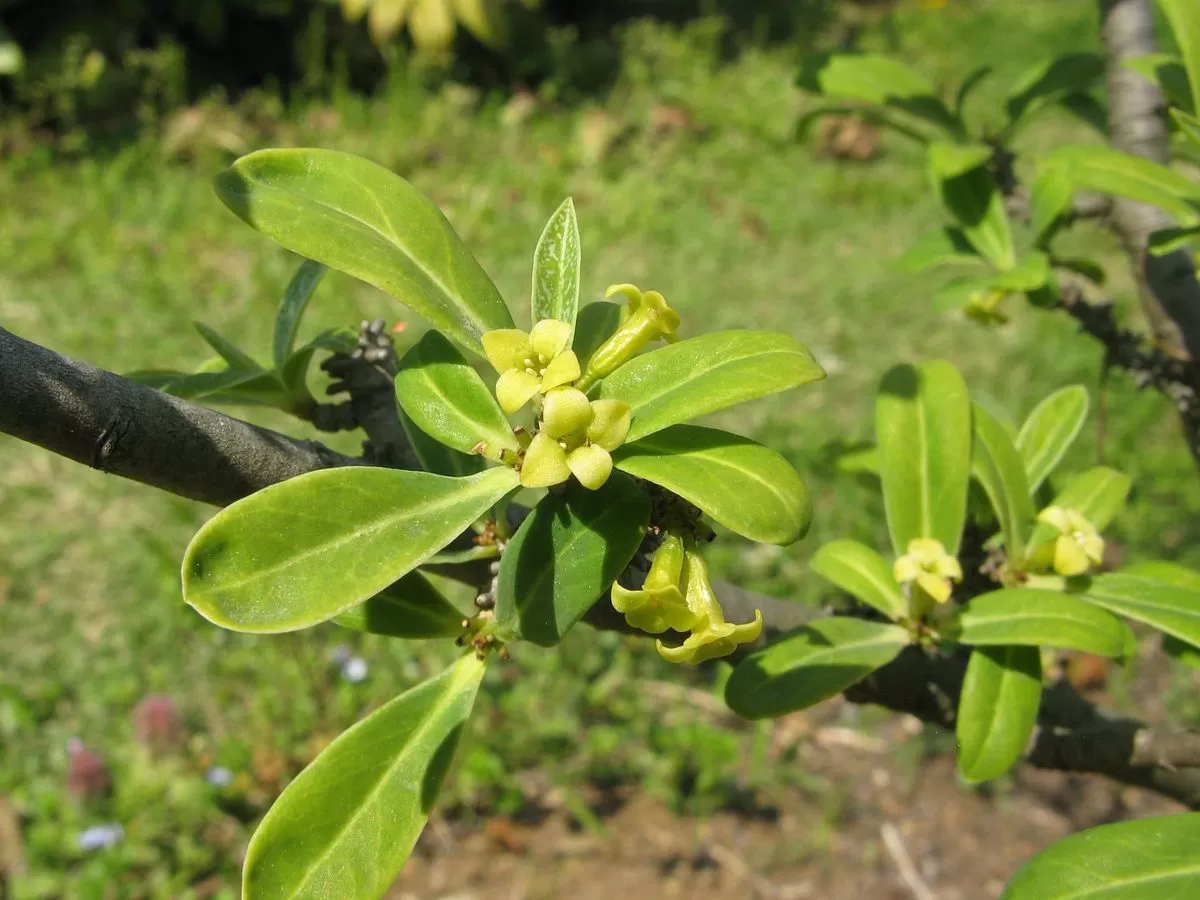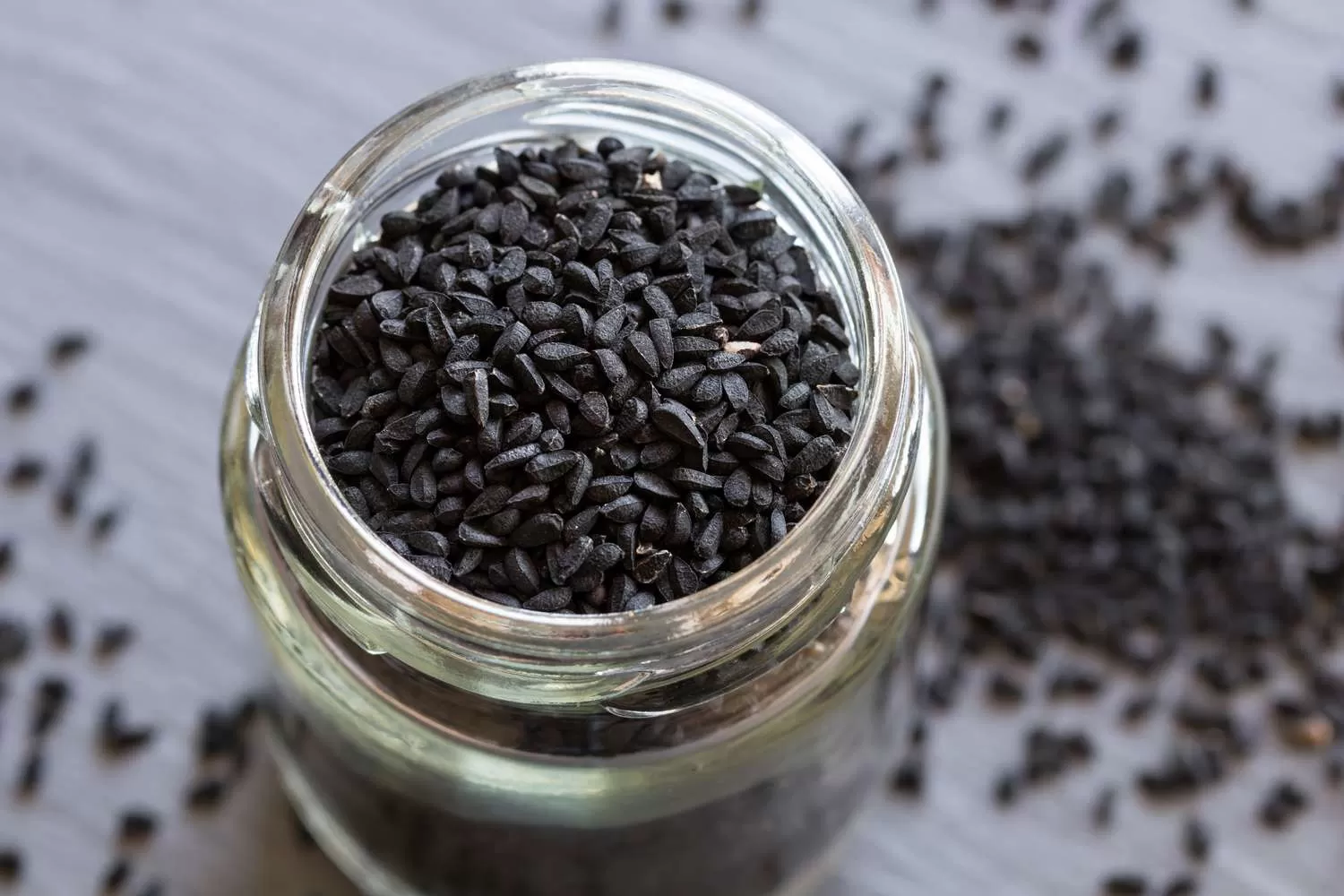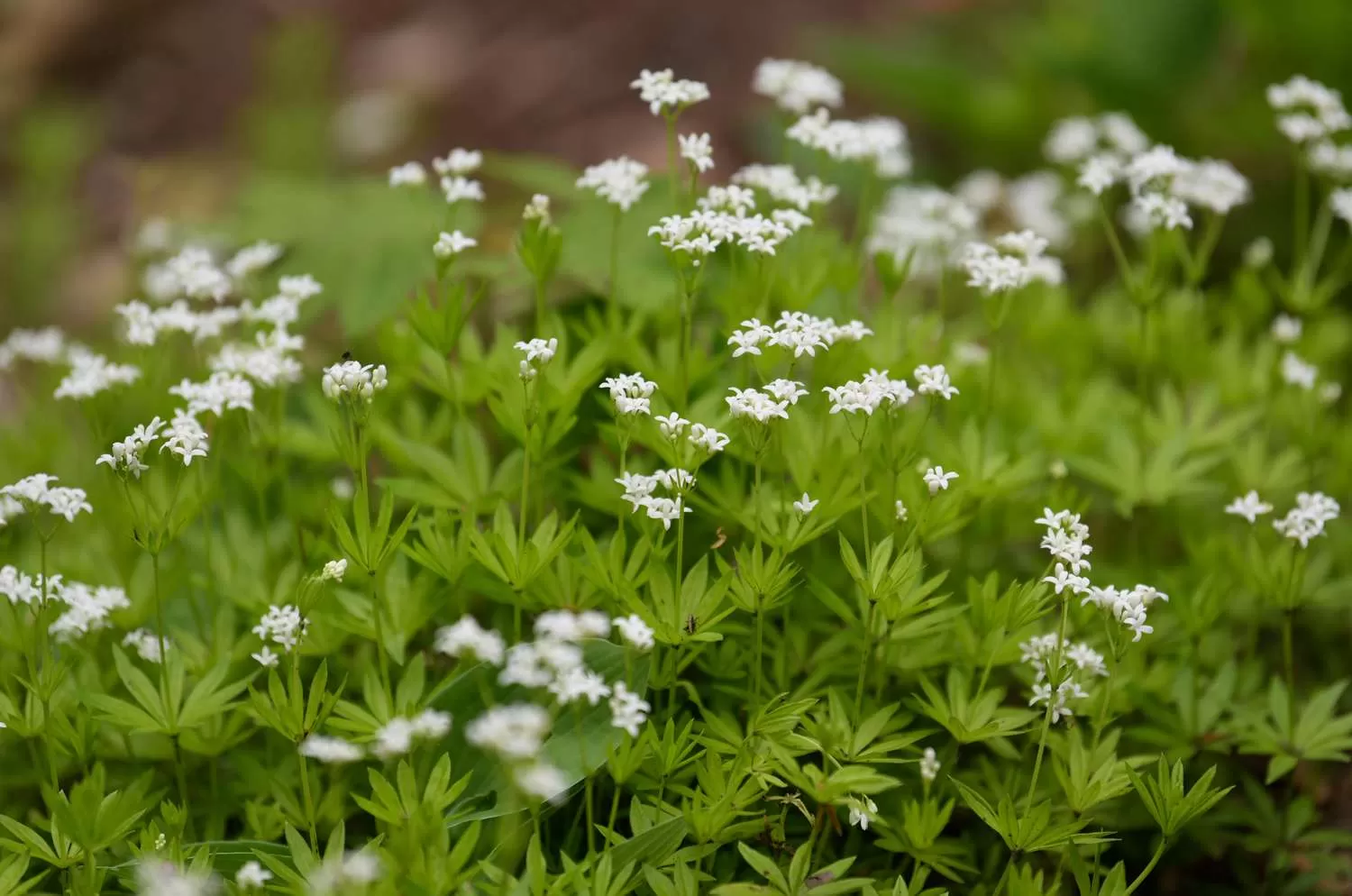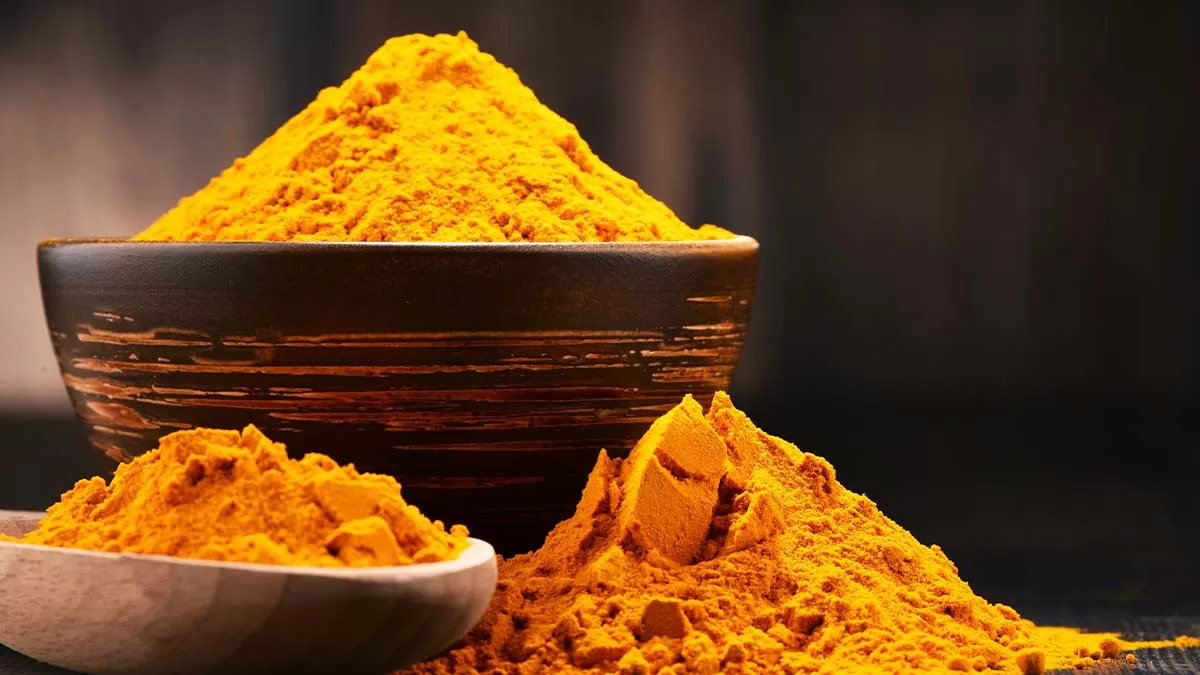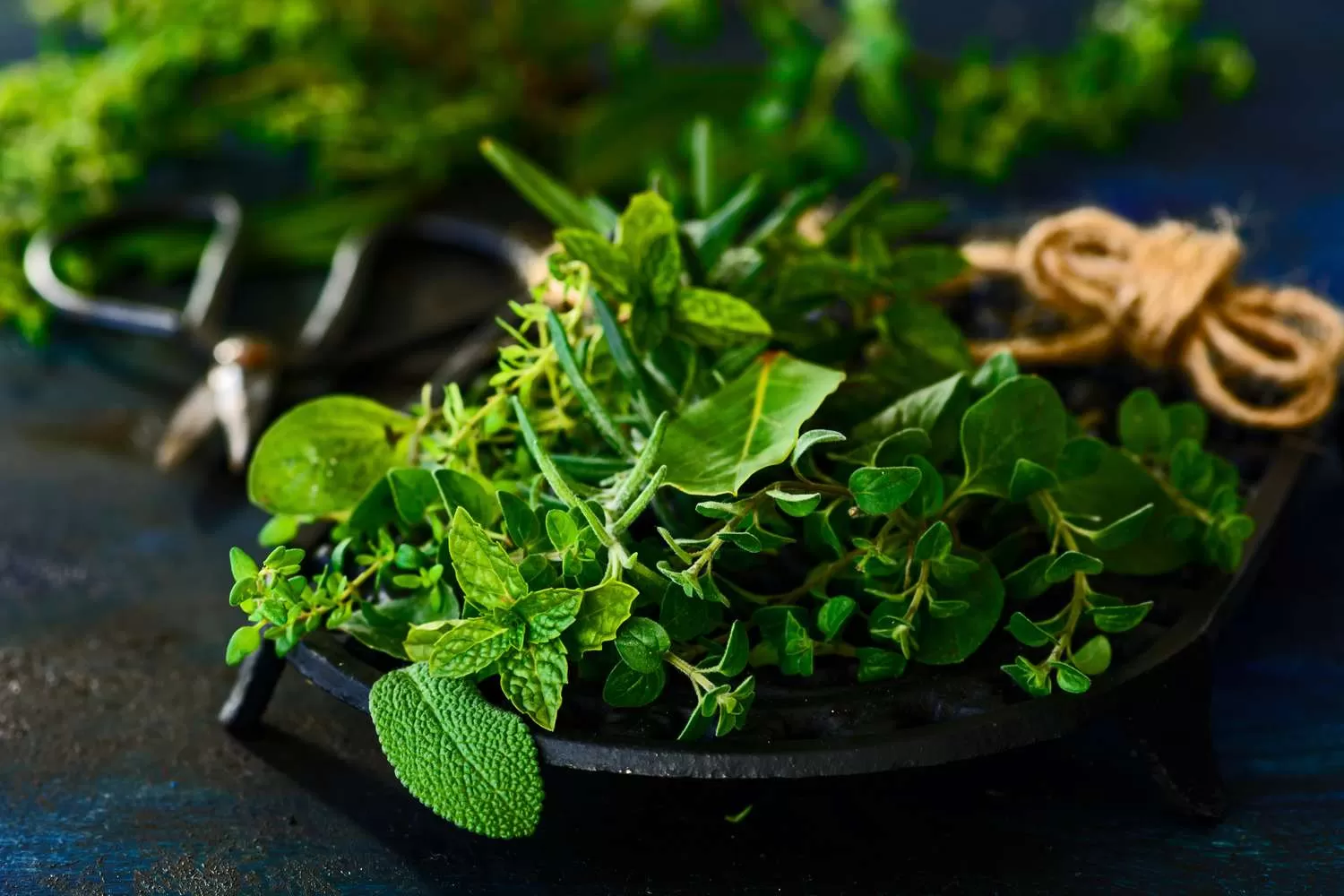- 0086-571-85302990
- sales@greenskybio.com
Microorganisms Enhance Medicinal Plant Potency: Unveiling Their Role in Secondary Metabolites Accumu
2025-03-23
Medicinal plants serve as vital economic crops with immense value in the healthcare industry. As market demand surges, the scarcity of Chinese medicinal crops leads to rising annual prices. Central to their therapeutic value are secondary metabolites (SMs), the primary active components extensively utilized in clinical drugs and raw materials for pharmaceutical preparations.
The concentration of SMs within these plants is shaped by inherent physiological elements and external environmental factors, including climate, soil characteristics, and microbial presence. Recent studies emphasize the significant impact of rhizosphere and endophytic microorganisms on SM accumulation in medicinal flora.
Notably, Professor Hong Wu and his team at the Medicinal Plant Research Center, South China Agricultural University, have shed light on this topic with their review paper, "Regulation of Secondary Metabolites Accumulation in Medicinal Plants by Rhizospheric and Endophytic Microorganisms," published in Medicinal Plant Biology.
The publication outlines multiple influences on microbial composition in medicinal plants' rhizosphere and endophyte communities, such as soil properties, cultivation techniques, plant developmental stages, and varieties. It further reveals that these microorganisms harbor genes crucial to nitrogen fixation, phosphate metabolism, hormone synthesis, and root colonization. By fixing nitrogen and facilitating phosphorus availability, these microorganisms enhance plant height and fresh biomass. Additionally, certain microbes foster medicinal plant growth by impeding pathogen proliferation.
The review ventures into the dynamics of how microorganisms facilitate SM accumulation. It highlights that specific microbes utilize gene clusters to synthesize SMs directly. Others manipulate plant hormone synthesis or influence hormone levels in hosts, thereby modulating SM content. Moreover, microbes can elevate active substance levels by activating the plant immune system, prompting gene expression in associated metabolic pathways. Alternatively, SMs produced by medicinal plants can redefine the microbial community structure.
This exploration into the role of rhizospheric and endophytic microorganisms in enhancing active ingredient synthesis in medicinal plants provides a theoretical basis for developing potent microbial fertilizers. Such advancements promise to drive forward the progression of sustainable agriculture significantly.





